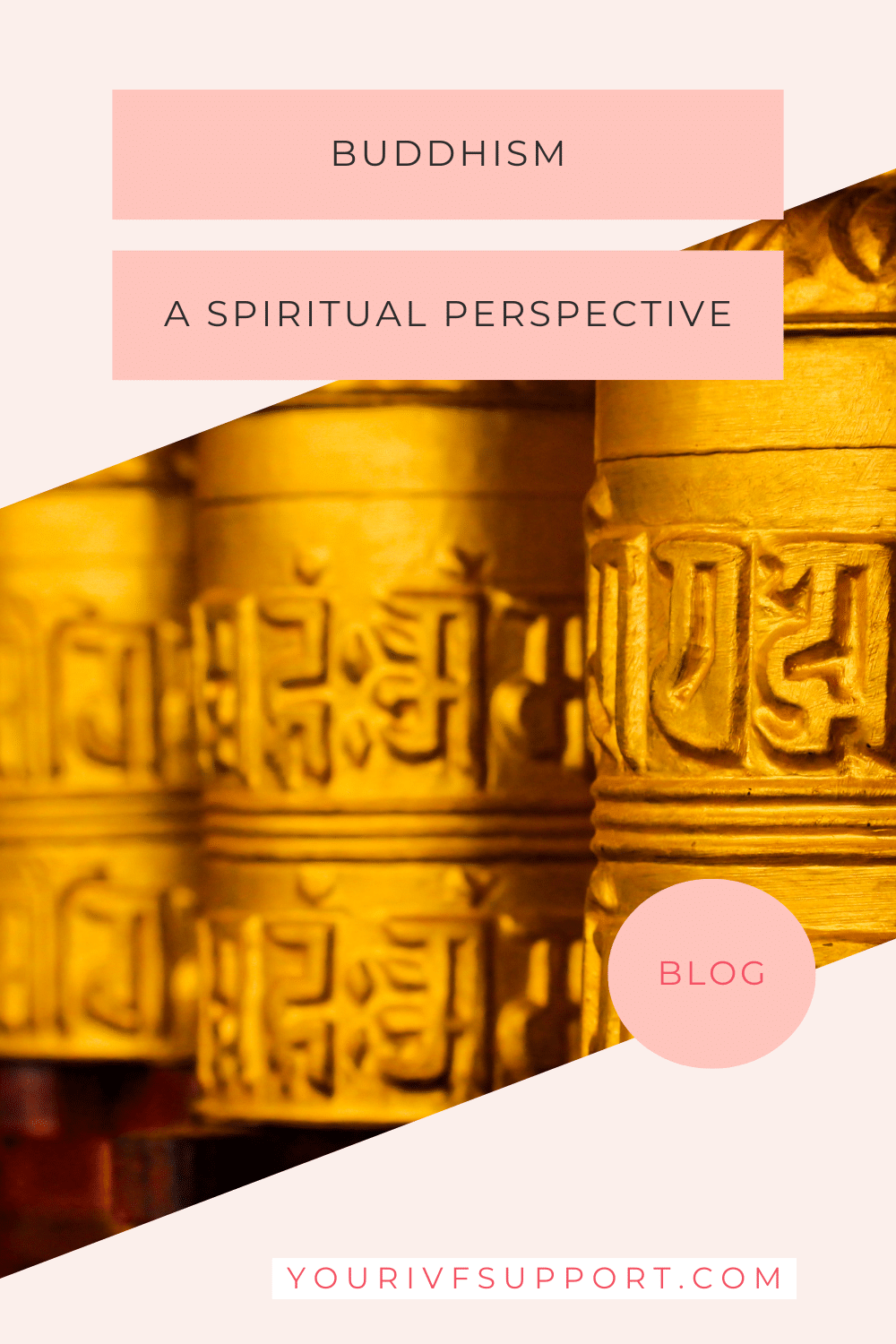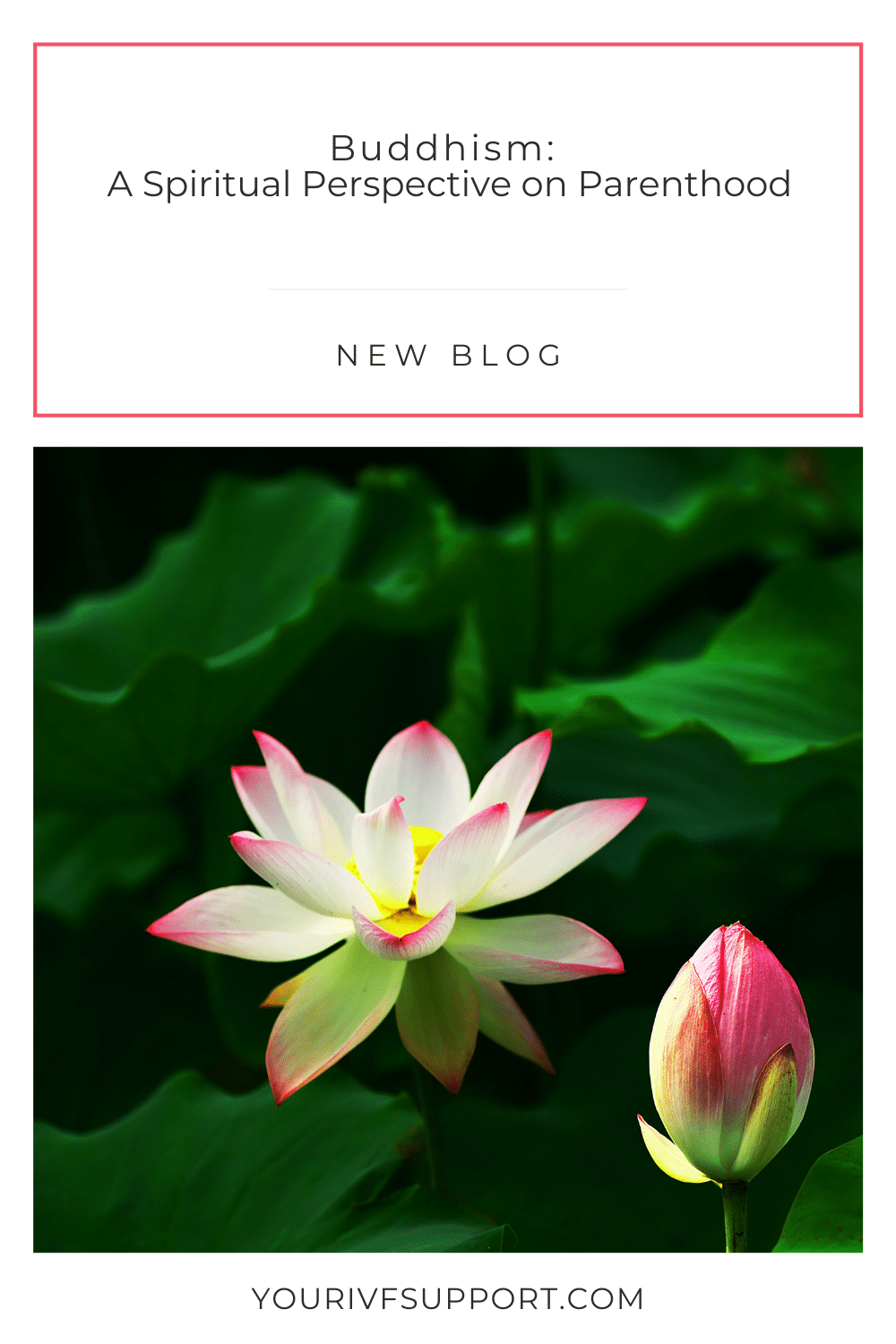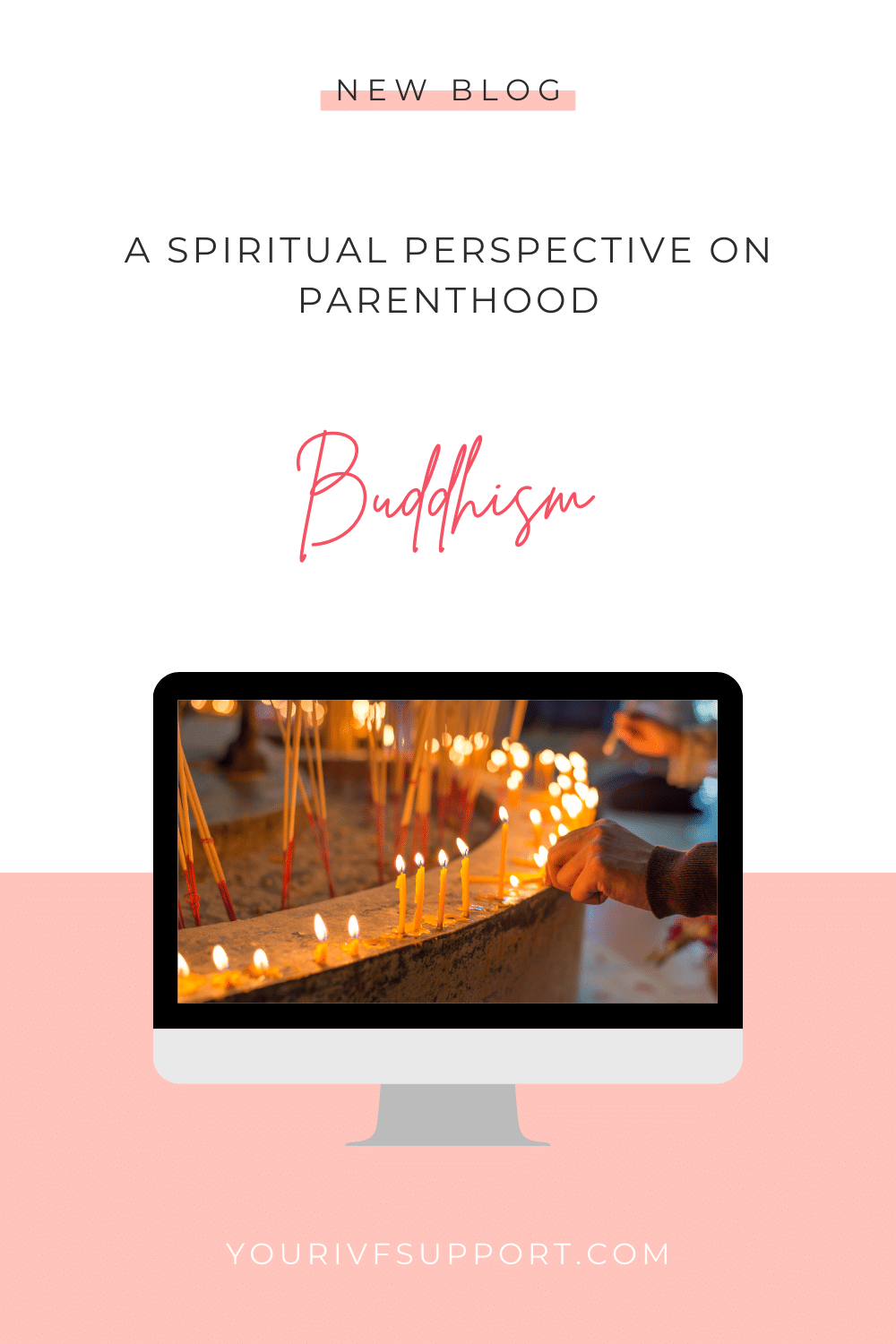Welcome to this blog article on the subject of wanting a child in Buddhism. If you are at a stage in your life where the desire to have a child is growing stronger and stronger, and you are also interested in Buddhist spirituality, then you have come to the right place. In this article, we will look at the desire to have a child from a Buddhist perspective and consider the different aspects involved. Buddhism offers a unique perspective on parenthood that can be both inspiring and enlightening. So let's dive into this fascinating world together!
The importance of the desire to have children in Buddhism
Buddhism recognises the desire to have children as a deeply rooted human need. It is an expression of the desire for continuity and the natural development of life. The deep connection with other living beings and the desire to pass on and nurture life play a central role. The desire for children in Buddhism is closely linked to the principles of love, compassion and care.

The concept of karma and rebirth
A fundamental concept in Buddhism is the notion of karma, which states that our actions have consequences that can last for many lifetimes. From a Buddhist perspective, the desire to have a child may be related to past actions and relationships. It is believed that we are reaping the fruits of our past actions in our present lives. Thus, the desire to have a child can be seen as a kind of karmic connection that has taken place over the course of several lifetimes.
The concept of rebirth also plays an important role in Buddhism. According to Buddhist teachings, life continues after death and manifests itself in a new existence. The desire to have children can therefore be linked to the desire for a new life and the possibility of rebirth.

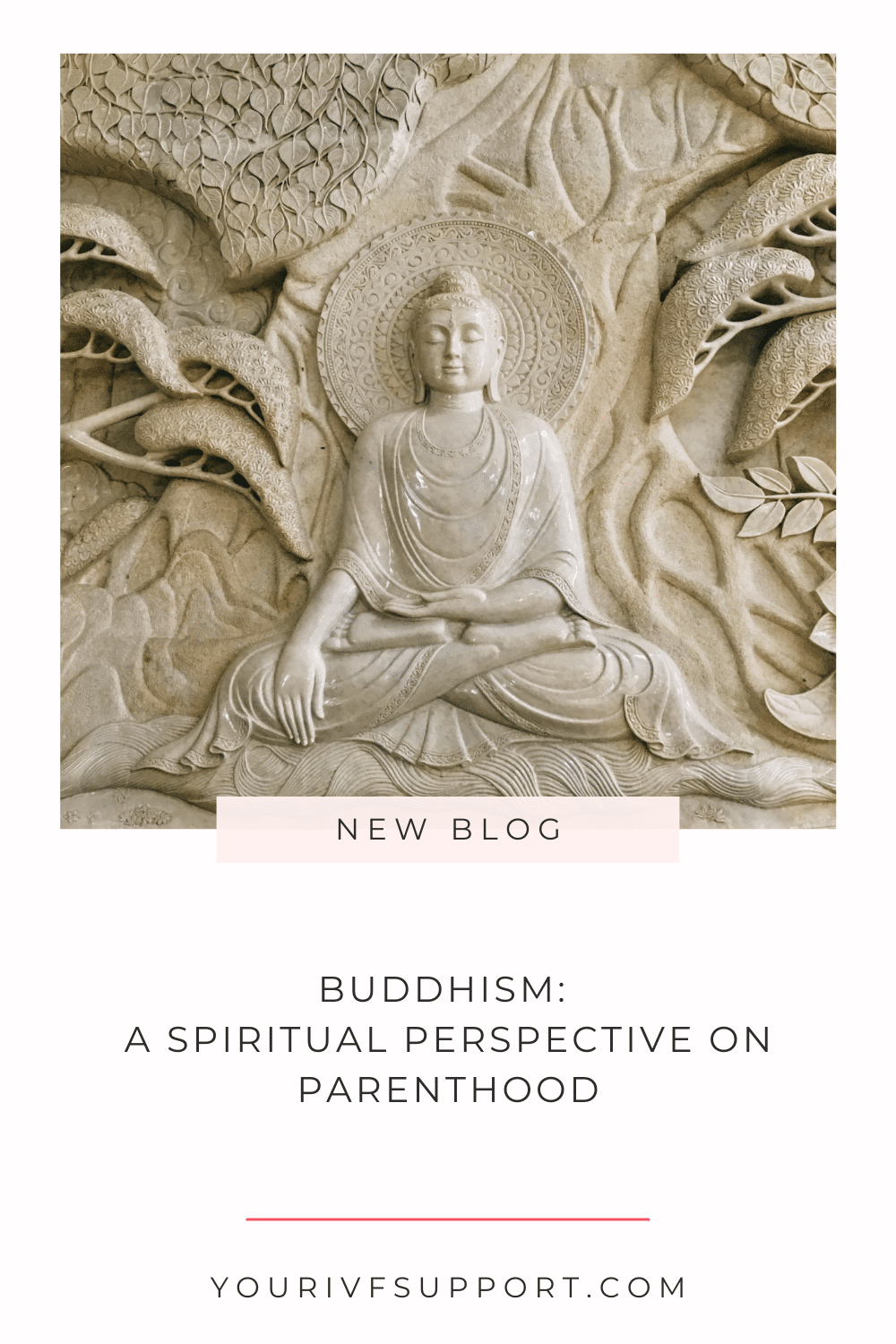
The challenges of parenthood from a Buddhist perspective
Although Buddhism recognises the desire to have children, it also recognises the challenges of becoming a parent. Buddhism teaches that life is full of suffering, and parenthood is no exception. The responsibility of raising a child can come with physical, emotional and financial burdens. However, Buddhism emphasises that these challenges should be seen as part of the human condition and can serve as opportunities for personal growth.
Another challenge is that attachment to the idea of a child can take over the mind and lead to strong desire. In Buddhism, desire is seen as one of the main causes of human suffering. Therefore, it is recommended that the desire for a child be viewed with mindfulness and serenity in order to maintain a healthy balance.
" The Buddhist path to fulfilling the desire to have children involves a holistic approach and the development of virtues such as generosity, compassion and wisdom."
Mindfulness and compassion in dealing with the desire to have children.
Mindfulness and compassion play a central role in Buddhism. In exploring the desire to have children, it is important to cultivate these qualities. Mindfulness allows us to recognise the deep roots of our desire to have children and not make it dependent on external influences or selfish motives. Compassion allows us to recognise and respect the needs and wishes of others, which is particularly important in a partnership.
It is also important to practice mindfulness and compassion with ourselves. The desire to have children can often be associated with pressure and self-criticism. It is important to accept yourself lovingly and be compassionate about your own feelings and challenges.

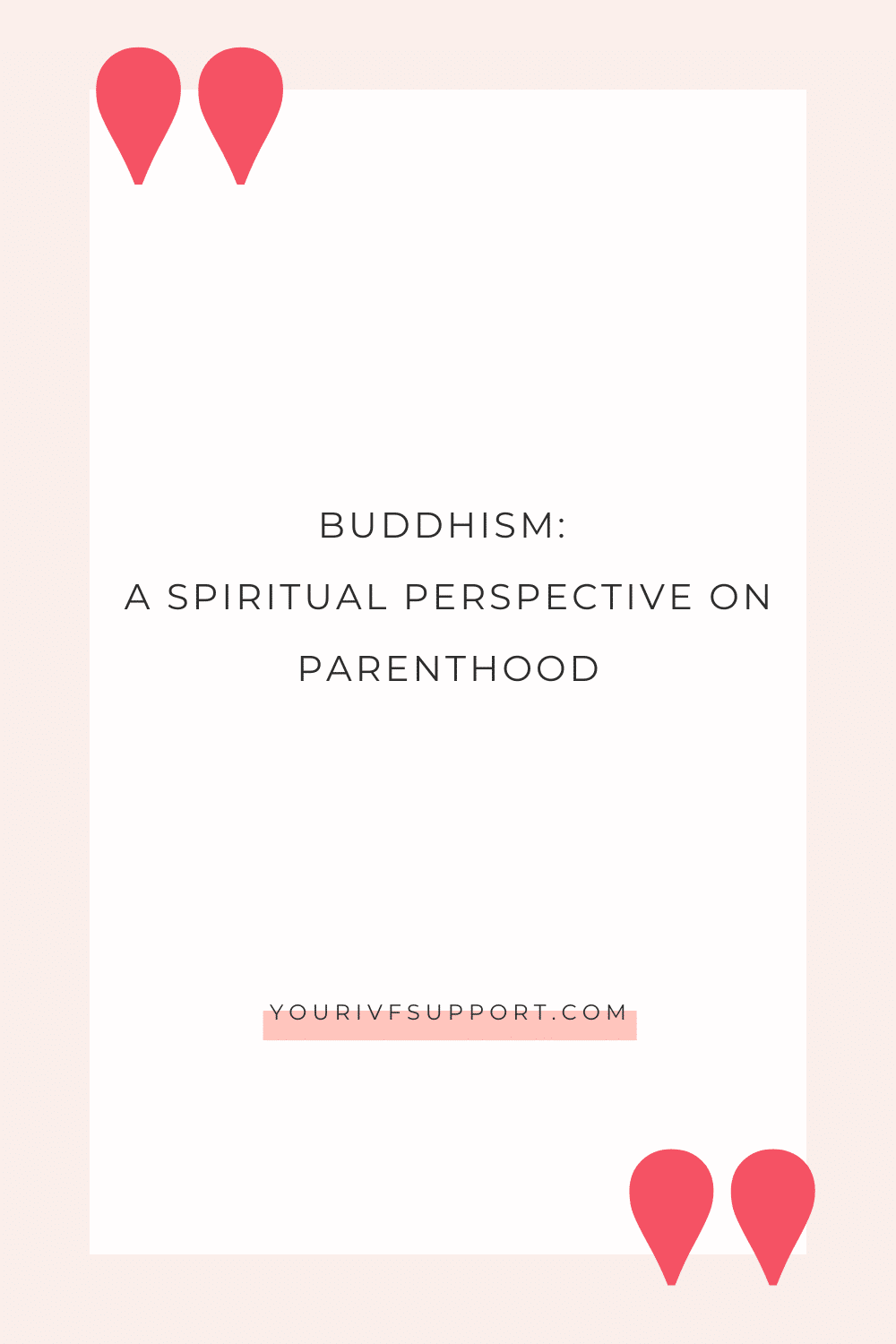
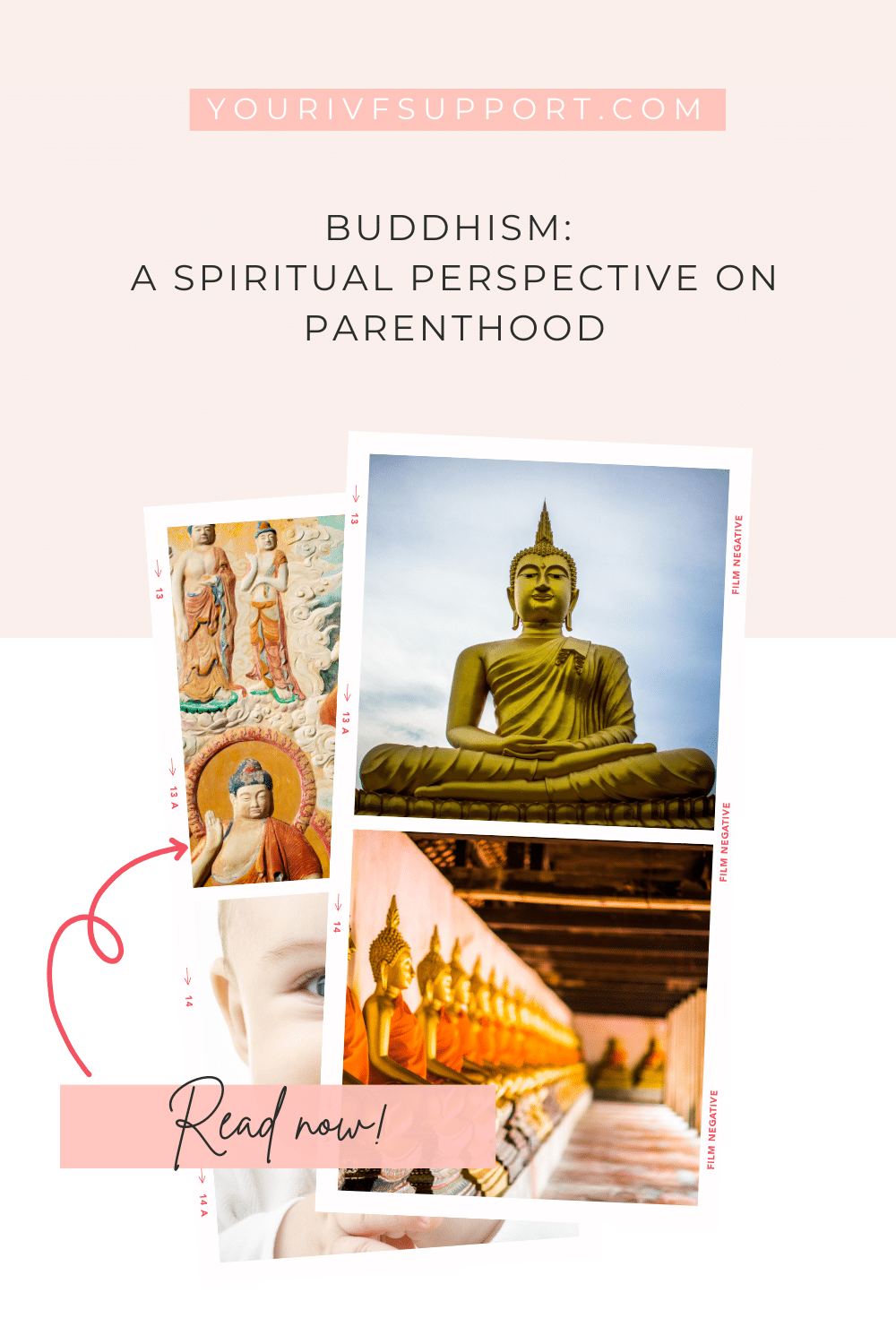
The Buddhist path to fulfilling the desire to have children
In Buddhism, the path to fulfilling the desire to have children is not seen as wishful thinking, but requires a holistic approach. It involves developing a spiritual practice and expanding one's consciousness. This includes developing virtues such as generosity, compassion and wisdom.
In addition, the practice of meditation can play an important role. Through meditation we can calm our mind and gain clarity. This can help us to see the desire to have children not as a compulsive desire, but as part of the larger flow of life.
It is important to note, however, that the Buddhist path is not necessarily about fulfilling an individual's desire to have children. Rather, it is about expanding one's consciousness and developing compassion for all living beings. The desire to have children can be part of this process, but true fulfilment lies in overcoming selfish desire and realising that happiness does not depend solely on external circumstances.
The spiritual significance of becoming a parent
From a Buddhist perspective, becoming a parent can have a spiritual dimension. It offers the opportunity to experience unconditional love and devotion that transcends the ego. Parenthood can be seen as an opportunity to move away from an ego-centred view and to focus on the welfare of the child. It opens up the possibility of practising compassion and care in a profound way, working selflessly for the benefit of another being.
Becoming a parent can also lead to a deeper understanding of the cycle of life and the principle of impermanence, which are central concepts in Buddhism. Through the experience of growth, change and letting go that comes with parenthood, parents can gain a deeper insight into the impermanence and constant change of life.
It is important to emphasise that becoming a parent is not the only path to spiritual development in Buddhism. There are many people who follow their spiritual path without children and find enlightenment or spiritual fulfilment. Buddhism offers different paths that everyone can choose individually to further their spiritual growth.
In summary
The desire to have children in Buddhism is a complex issue that touches on many aspects of Buddhist teachings. It is seen as an expression of attachment to other living beings and a desire for the continuation of life. The concept of karma and rebirth plays a role, as the desire to have children may be based on past actions and relationships.
The challenges of parenthood are seen from a Buddhist perspective as an opportunity for personal growth. Mindfulness and compassion are important qualities to cultivate when dealing with the desire to have children.
The Buddhist path to fulfilling the desire to have children involves a holistic approach and the development of virtues such as generosity, compassion and wisdom.
Becoming a parent can have spiritual significance, allowing one to experience unconditional love and devotion. It is also an opportunity to gain a deeper insight into the nature of life and the principle of impermanence.
It is important to emphasise that everyone can decide for themselves whether and how to fulfil their desire to have children. Buddhism does not offer a one-size-fits-all answer, but encourages everyone to find their own way in accordance with Buddhist principles.
In conclusion, I encourage you to delve deeper into the subject and gather your own experiences and insights. The desire for children in Buddhism is a rich and fascinating topic that invites us to explore our connection with all living beings and our own spiritual growth.
